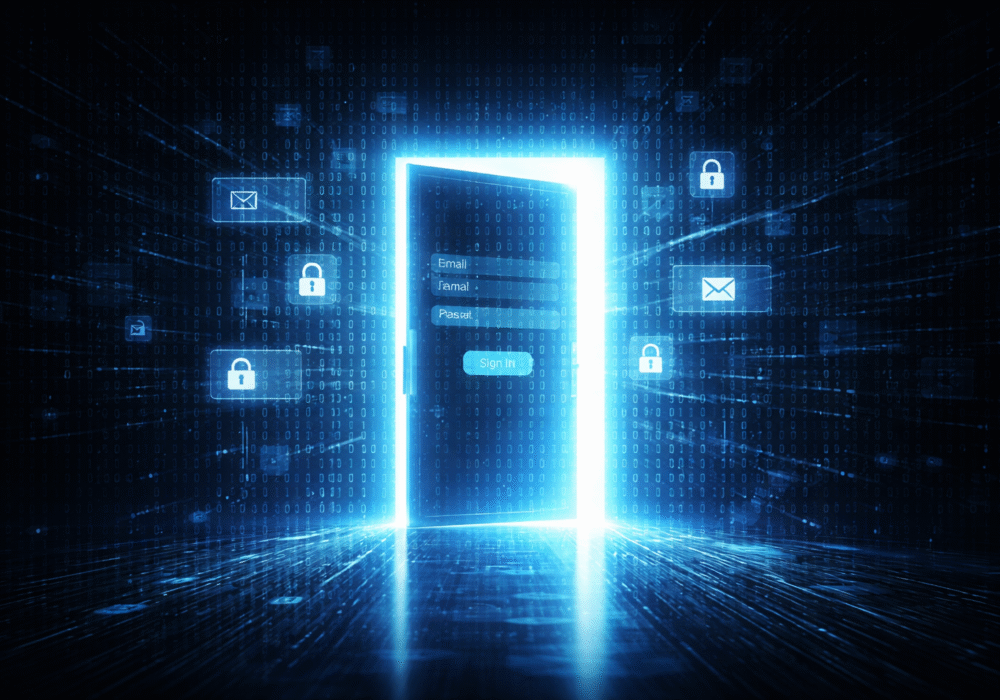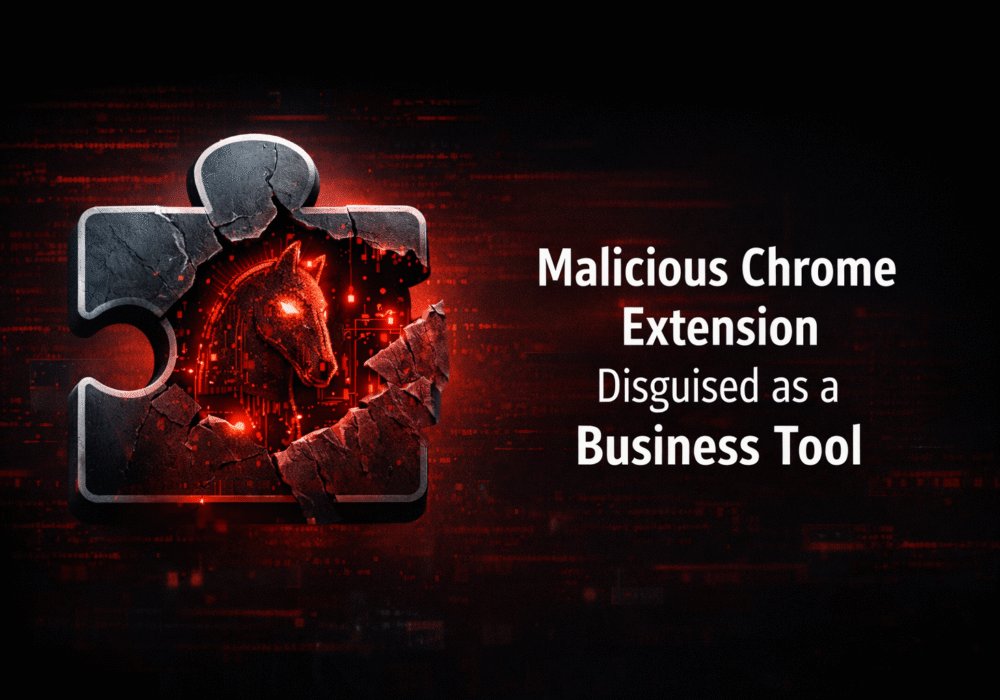Crypto-Mining, also known as Cryptocurrency Mining, is a process in which transactions of various forms of cryptocurrency are verified and added to the blockchain digital ledger. Each time a cryptocurrency transaction is made, a cryptocurrency miner is responsible for ensuring the authenticity of information and updating the blockchain with the transaction. Users who mine cryptocurrency can make up to a few dollars per day, but the amount of power/electricity it takes to run the machines makes it not very worthwhile for the average person. To be able to mine, a user must purchase cryptocurrency-specific mining software and have the right computer systems in place, such as cooling systems and specialized graphical processing unit (GPU) chips.
Well, maybe. The amount of computing-power required to make a few dollars is significant. What if a hacker could harness the power of a large Botnet, say 20,000 average SMB workstation machines instead of 5 high powered machines in his basement that are generating a paltry $5/day. If you equated 10 average SMB machines to 1 high powered machine, your 20,000 botnet work a 200x improvement. That would turn $5/day into $1000/day.
"With a ransomware infection you might get a big pay off, but if you infect a computer in Africa, it's very unlikely you're actually going to get a payout from that. In areas of the world where people are less likely to pay ransoms, you might have just ignored those even though they're ripe for infection," Ryan Olson, intelligence director of Unit 42 at Palo Alto Networks, told ZDNet. "But with cryptocurrency mining, it's completely egalitarian: different systems perform differently at how they mine cryptocurrency, but they can all do it, so they're all equal targets. That's an important element of why we're seeing this transition [from Ransomware to Crypto-currency mining]."
Awareness training is one of your best lines of defense to preventing computers in your business from becoming infected with Crypto-mining software. Phishing attacks are commonly used to spread this malware, if you train employees not to click, you’re stopping a potential infection from happening.
Remove Administrative Rights from your end users within your business. Not having the rights to install software will prevent users from installing legitimate business applications at times, but it will also prevent malware infections from succeeding most of the time. Follow the principle of least privilege to achieve this goal.
Finally, make sure your Antivirus solution is in place on all workstations and windows based endpoints. This is the last line of defense when employees click a phishing link with Administrative privileges. Your AV product might stop that Crypto-mining infection from happening.
Related Term: Bitcoin, Hacker, Malware
Source: Webopedia
Additional Reading:
CryptoJacking (aka: Crypto-mining) on the Rise
Crypto-Mining (aka Cryptojacking) Growing at the Expense of Ransomware
Crypto-Mining Surges 8500% from July 2018 to July 2019
Discover and share the latest cybersecurity trends, tips and best practices – alongside new threats to watch out for.

Ransomware groups are not breaking in organizations the same way they did five years ago. The entry methods have...
Read more
If a Chrome extension promises to remove security pop-ups and generate MFA codes, that should make you...
Read more
Cyberattacks usually start with phishing emails or weak passwords. This one did not. Security researchers...
Read moreGet sharper eyes on human risks, with the positive approach that beats traditional phish testing.
